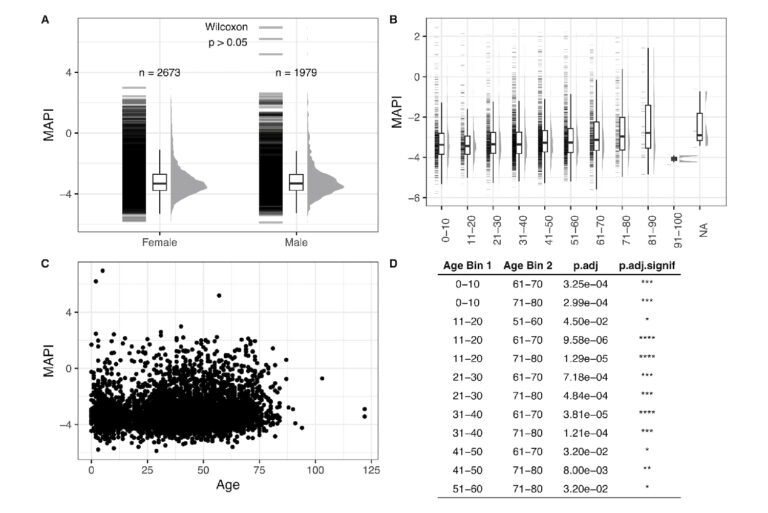New Gut Microbe Scores: What They Can Tell Us About Digestive Health
by Anna Sandhu | Jul 14, 2025
Reviewed by Dr. Arun, M.Pharm., PGDRA, Ph.D.

Our gut is full of bacteria and other tiny organisms. When the mix of these microbes is balanced, our gut feels good. But when it’s out of whack (a state called dysbiosis), we might feel bloated, have gut discomfort, or even develop gut diseases like inflammatory bowel disease (IBD). This article reviews how scientists are developing gut health scores to help categorize gut-microbe patterns across healthy, mildly uncomfortable, and disease states.
The researchers used two big datasets. One had over 5,300 stool samples from a commercial group; the other had over 2,400 samples from public studies with people either healthy, with mild gut issues, or with gut disease. They calculated two main scores:
- The Metagenomic Aerotolerant Predominance Index (MAPI): which checks how many microbes in the gut are aerotolerant (able to survive oxygen) vs. more anaerobic beneficial ones.
- The Keystone Species Score: looking at specific key bacteria species known to help maintain a healthy gut ecosystem.
What did they find?
- The scores changed in predictable ways across gut-health levels. People with healthy guts had higher keystone species scores and lower MAPI. People with gut disease or discomfort had lower keystone species scores and higher MAPI.
- The pattern was “graded”, meaning mild discomfort was somewhere between healthy and full disease states.
- The scores were consistent across two very different datasets, which suggests they might be reliable indicators.
Why is this helpful? Because instead of just calling something “gut dysbiosis” and not measuring it, scientists may soon use these scores to predict gut-health status before major symptoms or disease show up. Knowing your gut-microbiome score might help guide diet, lifestyle, or microbiome-targeted interventions.
However, important to note, these are early tools. They show patterns, not cause/effect. They don’t yet guarantee you’ll get gut disease if your score is low, or that diet alone will fix it instantly. They also mainly measure bacteria, not all the other gut ecosystem pieces (viruses, fungi, metabolites).
In short: This article shows promising progress toward measuring gut health using specific, standardized scores. These tools may help us better understand whether our gut-microbiome balance is in a “healthy,” “mild issue,” or “disease” category, and could one day support personalized nutrition and gut-health plans.
More Information: Gut health predictive indices linking gut microbiota dysbiosis with healthy state, mild gut discomfort, and inflammatory bowel disease phenotypes using gut microbiome profiling. DOI: https://doi.org/10.1128/spectrum.00271-25
